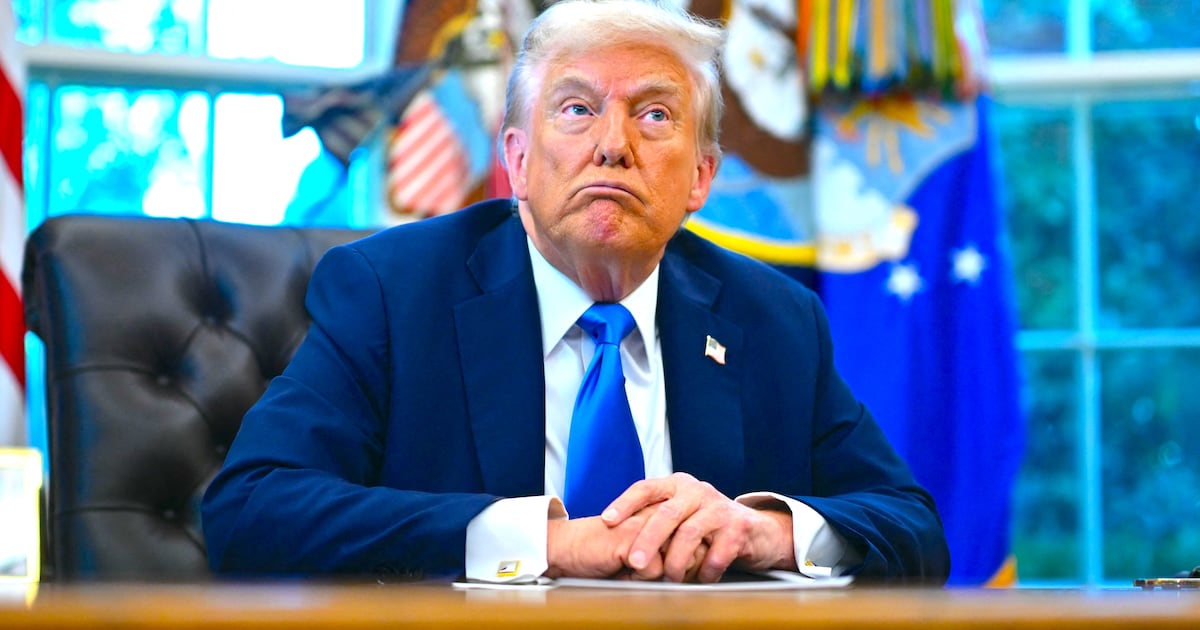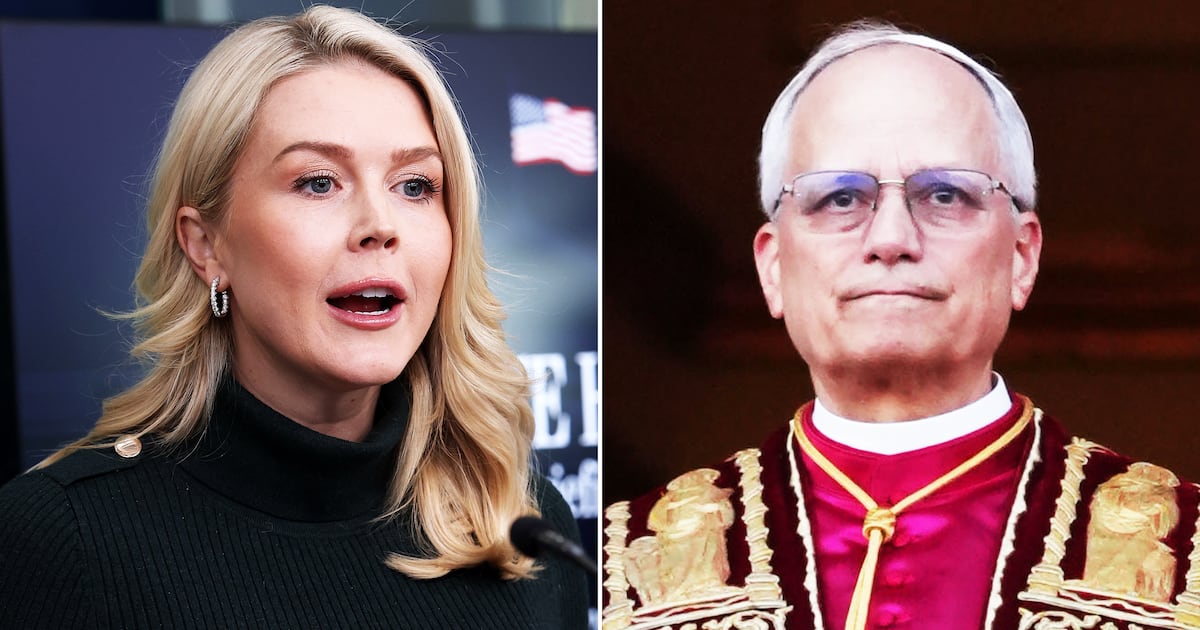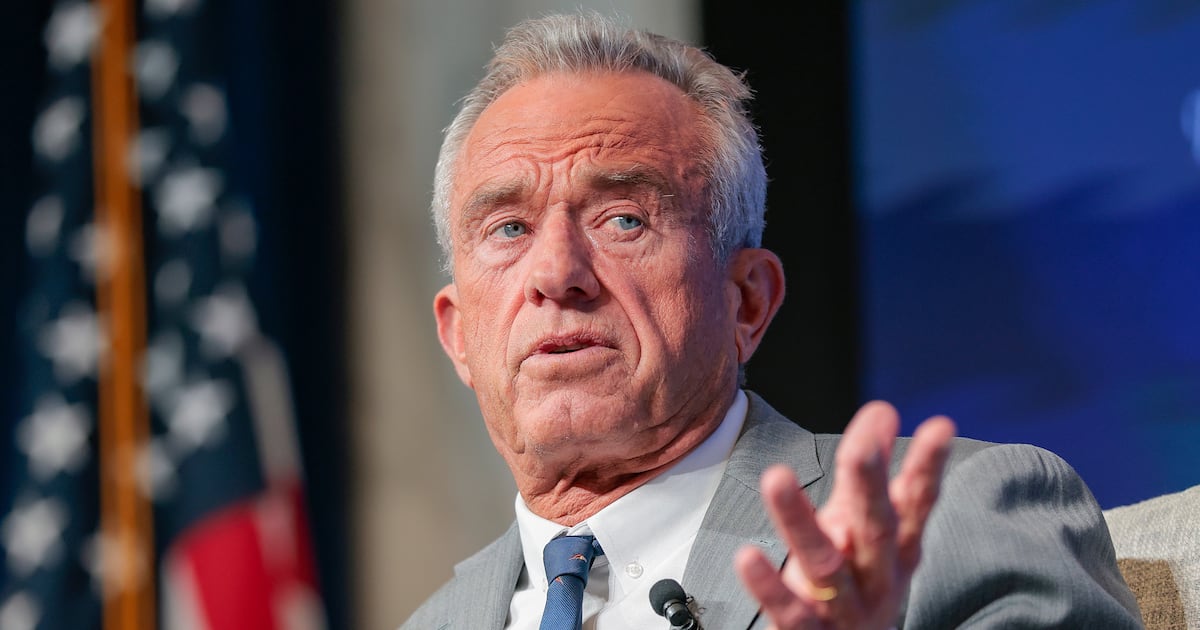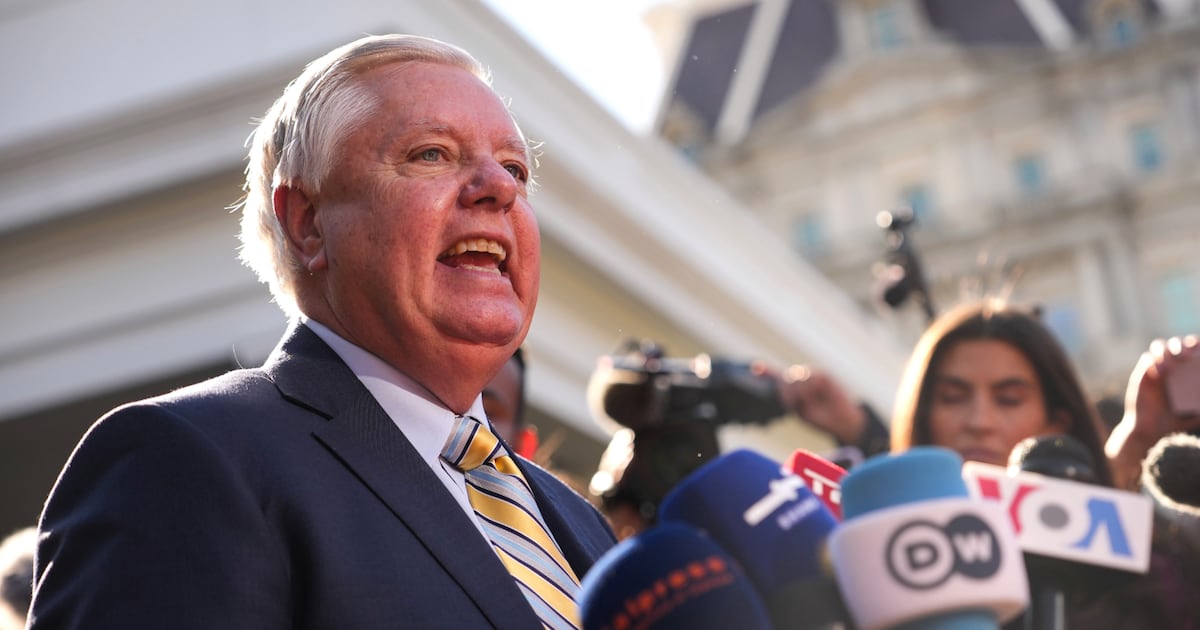If Michael Bloomberg actually runs for president, as he’s been threatening to do for over a decade, he will finally put to rest the feverish speculation of a pundit and media class desperate for another foul-mouthed billionaire to join the fray. For now, there are analysts imagining the former New York City mayor as a contender in his own right, or at least a candidate who can do damage to one of the Democratic frontrunners, Joe Biden.
The argument goes like this: Bloomberg, who through advisers announced yesterday he was filing paperwork for the Alabama primary, offers a common-sense vision for an electorate turned off by the leftism of Bernie Sanders and Elizabeth Warren. He is a strong advocate for certain issues liberals care about, like gun control and combating climate change, and he is actually one of the wealthiest men in the world, unlike the fraudulent Donald Trump, who probably doesn’t want to release his tax returns because they will expose his relatively paltry net worth.
Bloomberg, they will say, is the leader we all really need. He has real executive experience! He can get things done! He’s not too left and not too right! He’s a “high impact philanthropist,” as his adviser Howard Wolfson told the New York Times.
All of this is true. None of it makes Bloomberg a strong candidate for the Democratic presidential nomination in 2020. Centrism still has a place in the party—just ask Biden, who is still polling at the top of the pack nationally, or South Bend Mayor Pete Buttigieg, who appears positioned to finish strongly in Iowa before flopping in bigger, more diverse states—but it will not be the Bloombergian flavor, laced with the condescension of an oligarch and infused with a record that will make many Democrats, especially of the emergent progressive wing, recoil with disgust.
If anyone asked me (no one asked me), I would advise Bloomberg not to run for president. Renewed time in the national spotlight will bring fresh scrutiny to his 12 years as mayor and tenure running Bloomberg L.P., the financial and media juggernaut he founded. His carefully calibrated image, and the galactic ego that comes with it, may not survive the campaign.
To begin with, Bloomberg was not made for the #MeToo movement. Last year, he cast doubt on the women accusing Charlie Rose of sexual assault. From 1996 to 1997, four women filed sexual-harassment or discrimination suits against Bloomberg the company. He’s admitted to having said he’d “do” several female employees (while claiming that he though “do” meant something like “date”) and allegedly urged a woman who was pregnant to “kill it.”
Bloomberg’s locker room talk also included "I'd fuck that in a second," "That's a great piece of ass” and, according to the complaint, telling workers at a sales conference that "I would like nothing more in life than to have Sharon Stone sit on my face."
The suit—which also alleged a culture in which women were pressed to wear short dresses and “fuck-me shoes”—was settled in 2000. The terms never disclosed.
In 2001, the legendary Village Voice reporter Wayne Barrett wrote of Bloomberg’s “sexual blind spot,” summing up the toxic, obnoxious remarks Bloomberg allegedly made. As mayor, he was known to mock the hair coloring and style choices of the female City Council speaker, as noted in a story in which he was heard saying “look at the ass on her” about another woman.
All this, and more, will be scrutinized again in the course of a presidential run.
That said, let’s examine the Bloomberg campaign from a distance, with an eye toward demographics and math. Bloomberg is not popular nationally and would have an incredibly hard time qualifying for TV debates in 2019. And despite Biden’s muddled debate performances and disturbing history—supporting the Iraq War, fighting efforts to desegregate schools through busing, and shilling for the credit-card industry—he retains the strong backing of older African-American voters, thanks to the eight years he spent as Barack Obama’s vice president. He is a consistent poll leader in South Carolina, a state with a black electorate that will ultimately matter more than Iowa because it resembles other Southern states that will vote soon after. Biden averages 35 percent in the Palmetto State, almost 20 points ahead of the rest of the field.
Warren and Sanders, who have campaigned extensively there, have some hope of cutting into Biden’s lead. Bloomberg doesn’t. As mayor of New York for 12 years, where he notched some serious accomplishments, he was rarely embraced by African-American voters, especially as incidents of police stop-and-frisks skyrocketed dramatically on his watch. Bloomberg, a bullish supporter of a militarized police force bent on harassing people of color, was unrepentant: as recently as last year, he defended his record, claiming “the people, the voters, want low crime.” His approval rating among black voters, unlike that of the oft-derided Mayor Bill de Blasio, was consistently underwater.
If Bloomberg can’t pick off black support, a key to winning any Democratic primary, where does he go? Who is the Bloomberg voter? There are white liberals of middle and higher incomes who may view his stewardship of New York through a certain gauzy lens—crime fell, business boomed—but they have other candidates courting them. Former Clinton backers are flocking to Warren. And there’s no evidence white working-class Democrats, attracted to Biden, Sanders, and even Warren, are going to desert them for a fiscally conservative, socially liberal billionaire. Latinos, moving more into Sanders’ camp, are also unlikely to suddenly consider Bloomberg.
Bloomberg’s candidacy may only represent a threat to the other billionaire already in the race, Tom Steyer. Steyer has blown around $50 million on his hopeless vanity run already and polls just under 1 percent nationally. For all the ways Steyer’s run is deeply unseemly—he’s reportedly trying to trade campaign donations for endorsements in Iowa—he at least has a long record as a reliable Democratic activist and donor.
This is where the case for Bloomberg particularly begins to crumble, especially at a moment when the most energized Democratic voters are searching for candidates who will be reliable supporters of the people and issues they care about most. Bloomberg is a former Republican who as mayor was the single biggest donor to state Senate Republicans, helping them keep control of that body. Democratic activists have long memories and there has never been more attention, on the left, paid to legislative contests.
As mayor, Bloomberg boasted admirable accomplishments, like making streets more pedestrian-friendly, creating a convenient 311 system to lodge complaints, centralizing control of the school system, and banning smoking in restaurants and bars. On public health and the environment, he was every bit the risk-taking progressive.
But his supreme wealth distorted his other priorities. He bragged about making New York a “luxury product,” upzoning working class neighborhoods to trigger gentrification and displacement of nonwhites while downzoning middle and upper class, largely white, neighborhoods. As rents rose, the homeless population skyrocketed. Rikers Island and New York’s public housing deteriorated rapidly under Bloomberg’s watch; the city recently approved a plan to close Rikers, but is nowhere close to solving the housing crisis.
After Hurricane Sandy battered New York in Bloomberg’s third term—he overrode the will of voters to get one—the recovery was agonizingly mismanaged and scandal-plagued. In Bloomberg’s final year, no homes were rebuilt.
If Bloomberg wants to run for president, he can make Steyer look like a cheapskate. This is a man, after all, who spent more money on winning a third term as mayor than Trump did, personally, to become president. One hundred million for a mayoral election was relative pocket change. The voters of Iowa, New Hampshire, and South Carolina should brace themselves for a barrage of TV and Facebook ads of the likes we’ve never seen before. They will know the name Bloomberg all too well.
Donald Trump is right about at least one thing. Michael Bloomberg will not be our next president.






